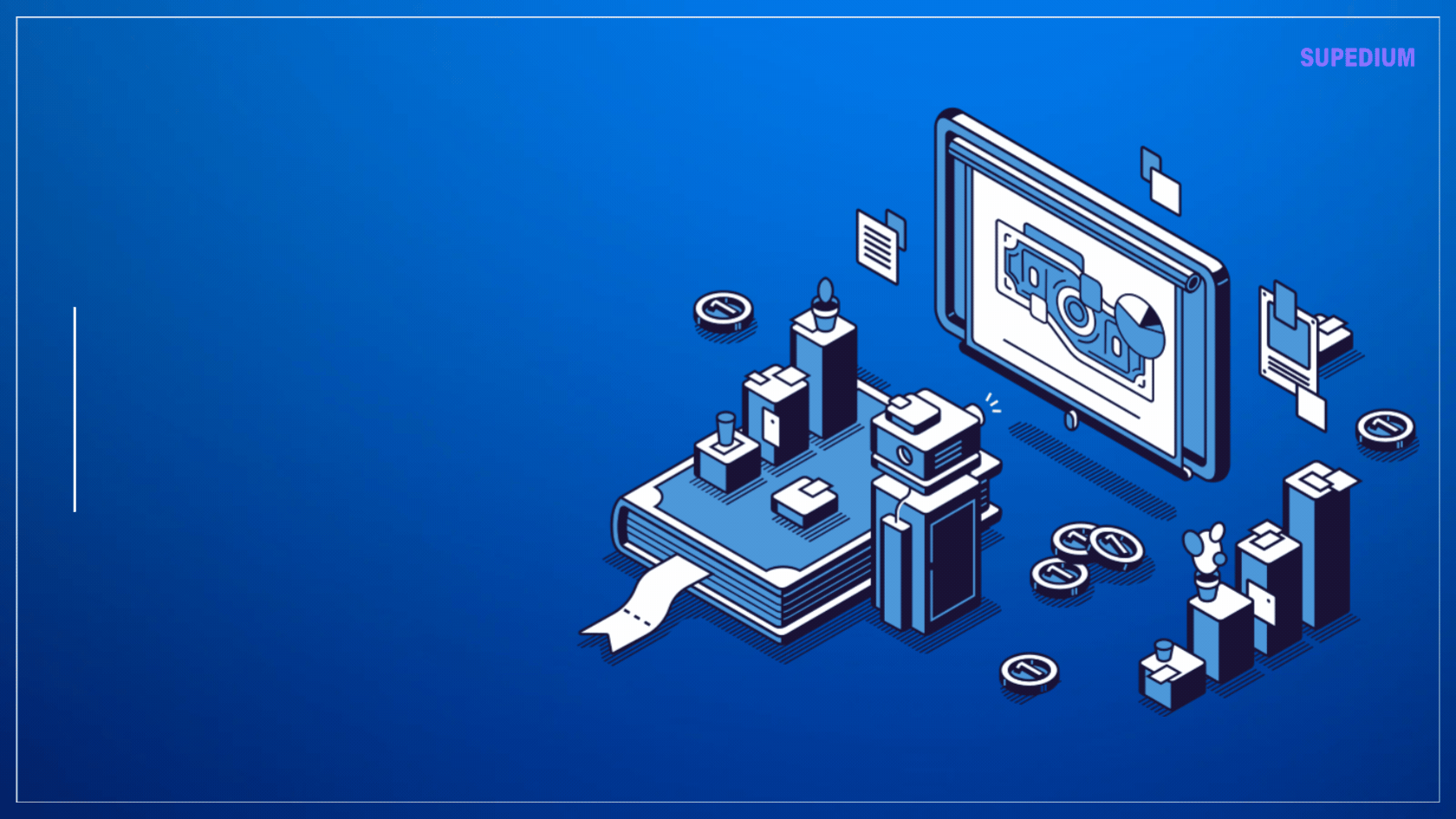Table of Contents
![]()
Arrows Impossibility Theorem Defined
Arrows Impossibility Theorem is a theory developed by Kenneth Arrow which states that there is no fair voting system to determine one’s order of preference if the election involves more than two candidates.
A Little More on What is Arrows Impossibility Theorem
This theory states that there is no possible way for an election to happen that meets the specific criteria of rationality and reasonable democratic values at the same time. Some of the democratic values, which are the dimensions evaluating the electoral process, expected to be met include the following:
- Absence of dictatorship
- Pareto efficiency
- Universality of alternatives
- Independence from irrelevant alternatives
- Impossibility to express false preferences
It is worth noting that this theory assumes that the individual economic agents who are involved are rational. It is understood that rationality usually leads a person to formulate preferences that are transitive, reflective, and complete. The theory of social choice leads to the fundamental question: “Under what conditions do the aggregate preferences of a group of individuals become rational while satisfying certain axiological conditions?” This question attempts to find out whether it is possible to develop a social choice function that sums up all individual preferences to come up with a social order that is rational and democratic. In summary, no. Arrow’s theorem concludes that there exists no rule of aggregation or preference that possesses normative properties which are desirable unless a dictator forces these preferences.
Arrow’s Theorem envisions a “market society” marked by totalitarianism or chaos
The rationality and democratic values that this theorem presents as desirable define a market society. A market society is characterized by the means-end rationality. Means-end rationality is conceived from the calculating individual where interpersonal relationships between owners of anything are voluntary. This theorem contains the bourgeois (middle class) conception of equality that is contractual. This means that people are equal because they act as individuals making contracts with each other and then abiding by these contracts. Therefore these exchanges are seen in contractual terms within a market. In the principle of non-dictatorship, no individuals determine the social preferences of the rest. As such, the primary purpose of free election is to convert social choice into the sum of individual decisions (private voting). All the possible combinations of the individual’s preferences are taken into account. Note, Arrow’s theorem does not distinguish preferences and needs since it assumes that there are no needs, only preferences. In the market society ordering of social preferences is not imposed by other criteria but only depends on individual arrangements. This is the bourgeois ideal of the society’s constitution – which is based on the sum of individual interests.
Independence of irrelevant alternatives
What matters in the process of social choice is the relative ordering of the pairs of alternatives A and B. This means that:
- Preferences are given
- There are no direct interpersonal relationships
- There is no possibility of agreements unless society achieves unanimity and becomes polarized.
The anti-strategic principle summarizes an implicit functional ethic of the market that is contained in the Arrow Impossibility Theorem. That is, it is not possible to express false preferences. The key to Arrow’s rationality is transitivity since it implies calculating individuals. However, this is a criterion in decision making instead of a criterion of rationality. There is no interest in the other since interpersonal relationships or compassion do not exist. The theory sees individuals as calculating, rational fools who go further to seek a better information than what is provided by the utilitarian calculation. The calculating individuals portrayed in Arrow’s theory are citizens who have economic and political expectations as well as religious and cultural values. This citizen, however, is bourgeois and does not limit his calculating actions to just the economic aspects. Instead, he potentially includes the whole social sphere. The Arrow’s impossibility is valid for a market society and is also the most acute and critical perception of the impossibility of resolving the conflict that exists between individual choice and social choice. The examination done on Arrow’s Impossibility Theorem (TIA) asserts that empirically, a democratic society is possible because, if it is democratic, it tends to chaos which can only be avoided through totalitarianism. The initial condition is the recognition of the conflict between the institutional system and the human rights of emancipation. In a neoclassical framework, conflict is seen as a problem of strategic interdependence in which the decisions of an individual and his rival are interdependent. The emergence of the autonomous individual is interpreted as emancipation. It was the emancipation of the individual owner who understood equality as contractual equality. Within the bourgeois society, a new conflict is arising due to modern emancipation. It is the demand against the indirect effects of contractual equality. This demand faces these effects without abandoning the emancipation of the autonomous individual. By its internal logic, that of buying and selling, contractual equality becomes a relation of domination. It is transmitted by using the purchase-sale powers. These powers establish a dominance that does not violate contractual equality. Because of the type of discrimination that is manifesting itself within the contractual equality and acquiring multiple dimensions, the meaning of emancipation needs to be renewed to respond accordingly. Discrimination includes discrimination in the employment contract, racism, against women produced in the interior of contractual equality, etc. (Yet another relevant conflict is the destruction of nature.) Because of these trends, people need ethics based upon the common good. The mercantile relationship distorts human life and nature. The experiences of victims of this distortion give rise to ethics based on the common good. As a criterion of any other possible economy, the ethics of common good has as its guiding star the reproduction of the conditions of the possibility of human life. The common good is destroyed to the same degree as human actions are subjected to a calculation of utility. The common good cannot be expressed as a calculation of self-interest in the long term. It challenges the same calculation of self-interest and goes beyond the calculation to limit it. The problem faced is how to theoretically find the rights of the autonomous individual as well as ensure emancipation against implicit discrimination that contractual equality entails. The common good is the answer, but it is only possible in a society that accepts and confronts this original problem. By this recognition, it is implied that the acceptance of the conflict is legitimate. Also, it leads to the rejection of the unique solutions through which people want to eliminate conflict and recreate an instance capable of determining the solutions. The fact that democracy allows the conflicts to be replaced by majority decisions is an illusion since democracy also contains domination and manipulation.
References for Arrows Impossibility Theorem
- https://en.wikipedia.org/wiki/Arrow%27s_impossibility_theorem
- https://www.investopedia.com/terms/a/arrows-impossibility-theorem.asp
- http://www.businessdictionary.com/definition/Arrows-impossibility-theorem.html





Be the first to comment